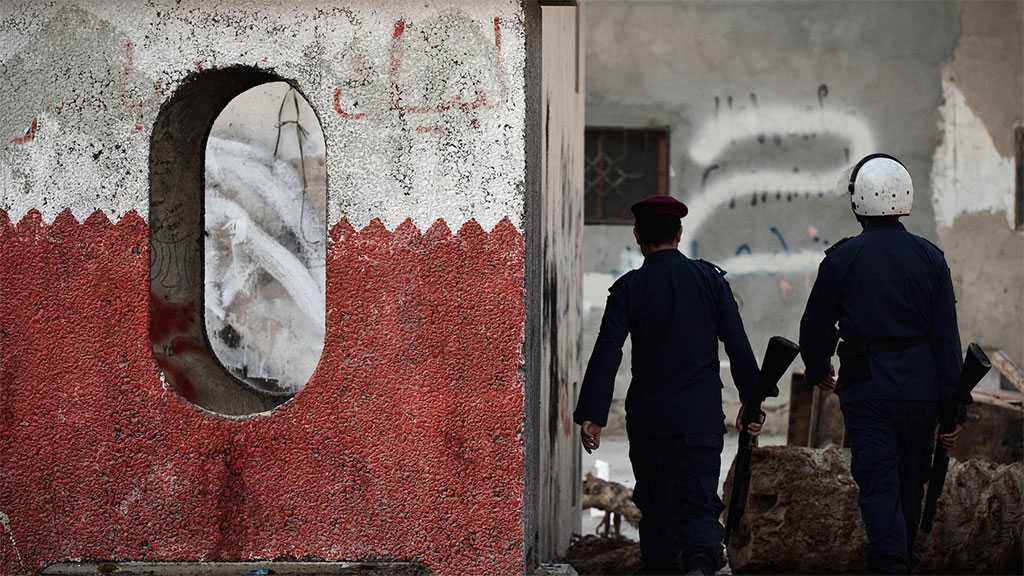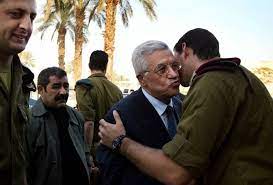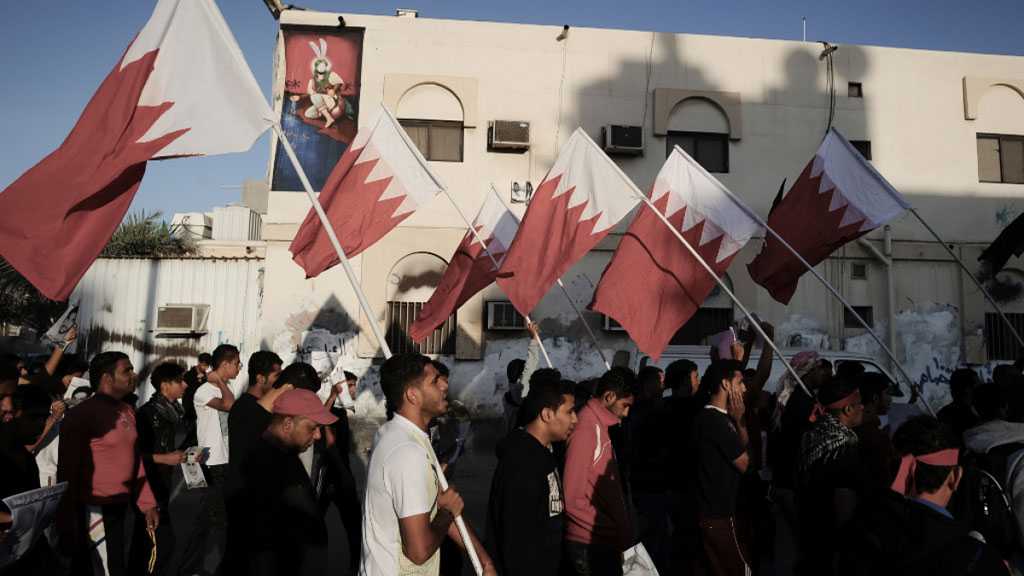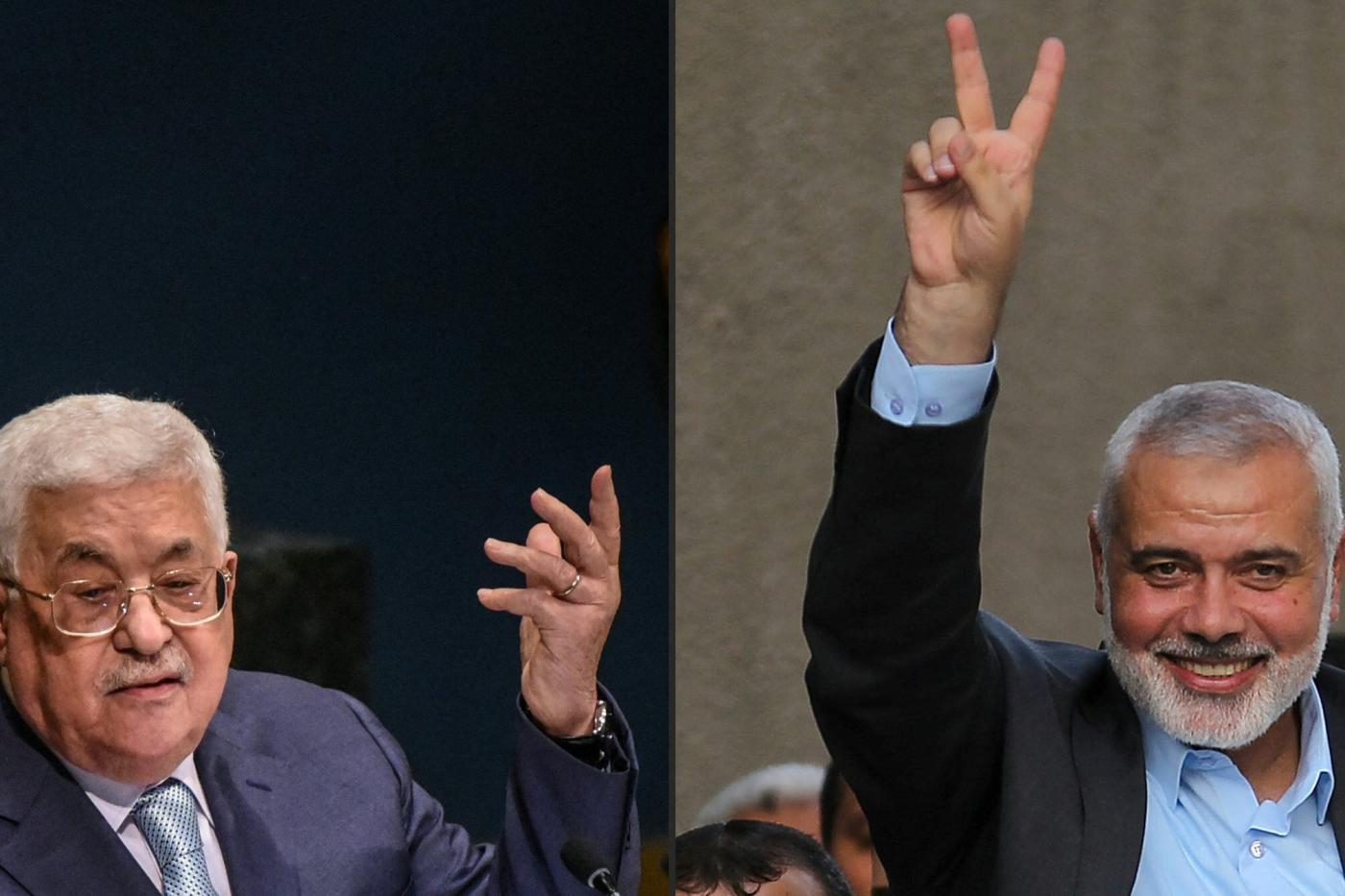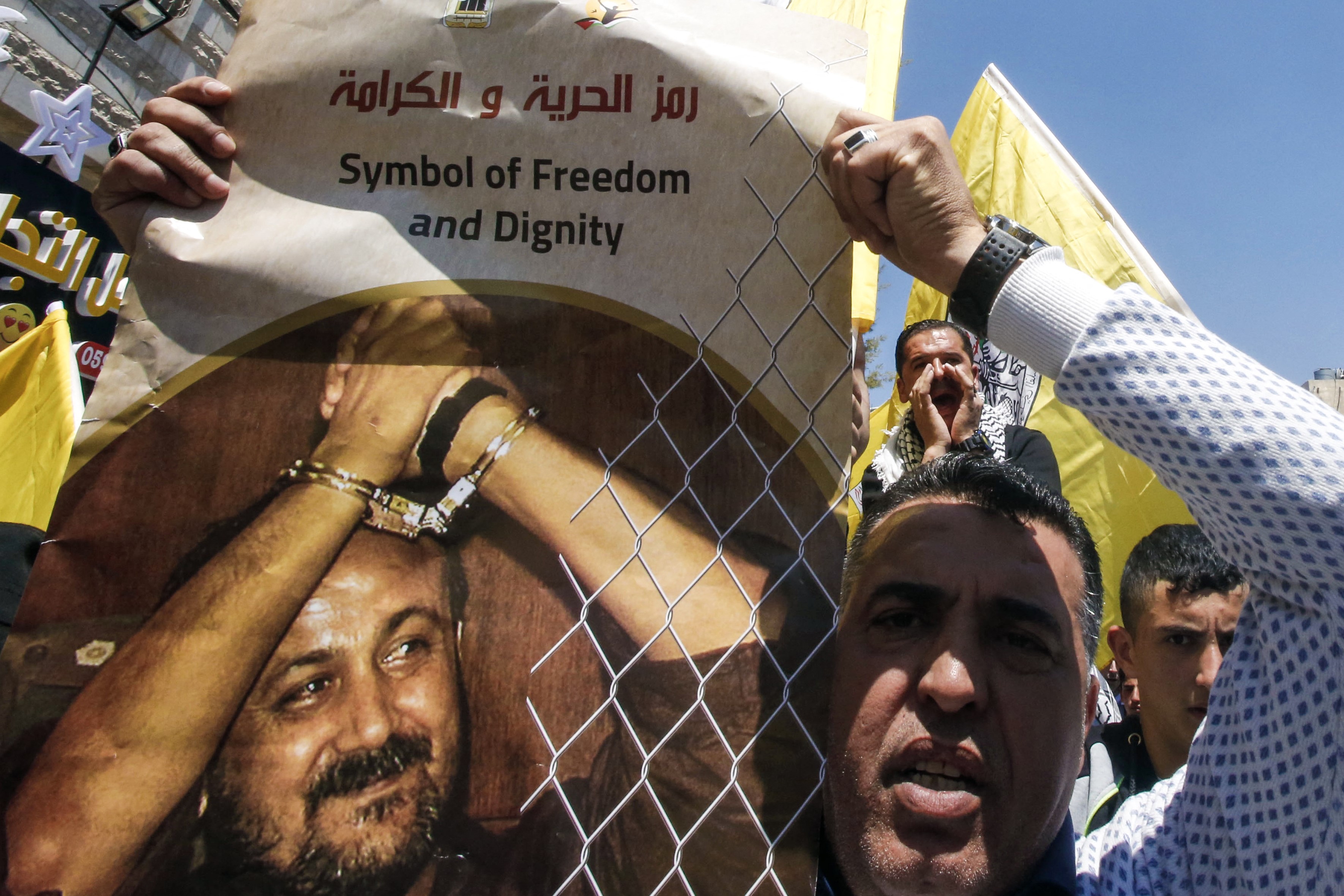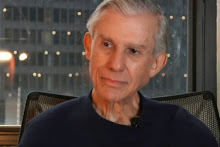
Beirut – Bahrain’s political prisoners are jointly leading a protest against arbitrary restrictions in Jaw Prison. The hunger strike launched on August 7 is perhaps the loudest expression of discontent against the conditions they’ve endured and with which they refuse to live.
The prisoners’ demands are simple. However, the prison administration’s response suggests that the outcome of the affair may not be favorable to the detainees.
It’s always been the same domination and arrogance. There’s also been a shy recognition of the protest by this disadvantaged group. But that recognition falls short of an interaction worthy of the prisoners’ suffering.
The issue of political prisoners in Bahrain is linked to a 12-year-long crisis dating back to when the regime decided to neglect and restrict dissenting voices. About 1,300 detainees are languishing in Jaw Prison over purely political charges.
Some are sentenced to death, while others are wasting their youth behind bars. Opposition figures and leaders are in the same situation – imprisoned based on unjust politically-motivated sentences.
The authorities’ disregard for the suffering of the prisoners
How the authorities from the top of the pyramid to the bottom are dealing with the current hunger strike clearly underscores the extent of disregard for this humanitarian issue. It is evident that the entire file is not on the priority list for the authorities.
Initially, the developments in Jaw Prison were ignored by the state-run media, until the news spread throughout the foreign press. Bahrain’s tightly controlled media was eventually forced to acknowledge that a hunger strike was being staged.
The prisoners’ protest expanded from 400 hunger strikers to more than 800. A total of 79 local figures wrote to Crown Prince and Prime Minister Salman bin Hamad and complained to him in the hope of seeing justice. He met with the Minister of Interior, Rashid bin Abdullah, the custodian of prisons, who in turn met with the head of the National Institution for Human Rights, the Prisoners’ Rights Commission, and the Ombudsman.
So, what happened?
The Minister of Interior issued a statement that appears to respond to the demands of prisoners. It touches on health services provided to inmates by government hospitals, while mulling an increase in the duration of visitations, considering amending the conditions for the visitor list, in addition to raising the time inmates are allowed outdoors and facilitating coordination with the Council of Higher Education to enroll 180 inmates into postgraduate programs.
The prison administration also told AFP that care and counseling were provided to the prisoners.
Lying is the metal of the interior ministry
The situation on the ground refutes the aforementioned claims. Bahraini sources keeping up with the prisoners’ strike confirmed to al-Ahed News that everything that came out from the regime’s meetings does not correspond to the reality in the cells. Nothing has changed yet. There is no change in any procedure of the administration in Jaw Prison that could be understood as responding to the prisoners’ demands.
According to the sources, matters will not go beyond the limits set by the meeting between the Crown Prince and the Minister of Interior and their glorification of the role of the security services.
Therefore, the Ministry of Interior will continue lying and will not fulfill the demands of the prisoners, but will merely raise the time inmates are allowed outdoors from one to two hours. It may employ a frequently used method of filming tours of officers inside one of the buildings in Jaw Prison that appears clean and devoid of any bad features to corroborate its claims.
Revelations about prisoners having their hands cuffed behind their backs while being transported to the clinic are further proof that the Ministry of Interior is lying.
As such, one can understand Tuesday’s statement by the hunger-striking detainees, in which they said that they will continue their protest and that claims by the Ministry of Interior do not meet their very simple demands.
Our sources do not rule out strict measures against the prisoners even if they decide to end the hunger strike. Guards will use trivial pretexts and claim false violations by inmates to restore the situation to what it was before the protest.
A comprehensive political solution can resolve the ongoing crisis
A leading figure and media officer at Bahrain’s opposition Al-Wefaq Society, Sayyed Taher Al-Moussawi, approaches the file that relates to the lives of hundreds of people, from a humanitarian angle.
In an interview with Al-Ahed News, Al-Moussawi describes the government’s handling of the prisoners’ hunger strike as “irresponsible and unprofessional.”
“The way the government is dealing with the strike is an extension and reflection of all the political, human rights, and security crises that have not subsided for the past 12 years. It is an expression of indifference to the issues, concerns, and demands of the Bahraini people and all their basic requirements,” he added.
Al-Moussawi believes that “the prisoners’ file is linked to the political crisis. Faith in the demands of the pro-democracy uprising has only strengthened over the years amid a decline in freedoms as well as living and economic conditions.
“Providing humanitarian conditions inside the prison and basic needs such as medicine, exposure to sunlight, the right to perform religious rituals and education are not issues that require dialogue. Prisoners negotiate to remain alive and healthy, and this reflects the depth of the problem.”
“Following the course of the meetings between the prison administration and the political prisoners, the degree of seriousness and professionalism on the part of the political prisoners in negotiating is clear, and so is their patience, vigor, and the high spirit they enjoy as they fight this noble battle.”
Based on his experience and understanding of the mentality of government officials, Al-Moussawi explains that “international opinion takes precedence over concerns about the local situation, and the government’s seriousness in negotiating with prisoners can only be evaluated after the latter’s demands are met accurately and continuously.”
Al-Moussawi says the situation for the prisoners remains stagnant. An official position characterized by national and humane responsibility towards the prisoners is yet to be offered. Meanwhile, there are fears about the regime toying with time given the stressful and difficult conditions the hunger strikers face more than three weeks into their protest.
From Al-Moussawi’s point of view, the appeal by the 79 Bahraini local figures broke the barrier of fear, since the signatories are professional and academic elites and belong to political, human rights, and legal currents inside the Kingdom. However, the government has not responded positively to this appeal so far.
“The prisoners’ demands are clear, precise, and related to detailed needs that are not secondary. Rather, they constitute an urgent and necessary human need that is not a subject of division and fragmentation and doesn’t require half-solutions. The concerned government institutions seem to agree on one unified narrative, and this is evidence that they are institutions integrated in escaping from the basic challenges of prisoners.”
“The positions announced by the National Institution for Human Rights, the Prisoners’ Commission, and the Ombudsman’s Office are in line with the statements and positions of the Department of Correction and Rehabilitation and the Ministry of Interior since all these institutions follow the same reference and have the same goals and objectives, with different methods and roles concerning human rights and freedoms and the prisoners in Bahrain.”
“Bahrain’s prisons lack the United Nations Standard Minimum Rules for the Treatment of Prisoners that were adopted by the United Nations General Assembly in 2015, which are known as the Nelson Mandela Rules. Responding to the precise demands of prisoners requires a clear program, a regular plan, and an agreement with the prisoners.”
“When the prisoners announced the hunger strike, the date they set for stopping would be the one when the demands are met. […] What is happening to the detainees represents one scene of the crisis that the people of Bahrain are suffering from. The 2011 crisis left behind great suffering in prisons, with more than 21,000 detainees arrested and released.”
“The movement inside prison remains active. More than 340 female detainees have entered prison in recent times, while the crisis involving young convicts continues to escalate, with more than 110 children and youngsters jailed.”
Al-Moussawi concludes by saying, “All the crises resulting from the 2011 uprising, including the prison crisis, will only end through a comprehensive political solution in reaching a political constitutional consensus through a democratic political process that responds to the Bahrainis’ demands for political participation, social justice, and building a state that embraces all.”
bahrain alkhalifa crackdown HumanRights UnitedNations AlKhalifaRegime JawPrison
Filed under: Bahrain | Tagged: Bahrain Jaw Prison, Bahrain’s Al-Wefaq, Battle of empty stomachs, Political arrests, State Terrorism in Bahrain | Comments Off on The Bahraini State Refuses to Be Fair With the Prisoners




















